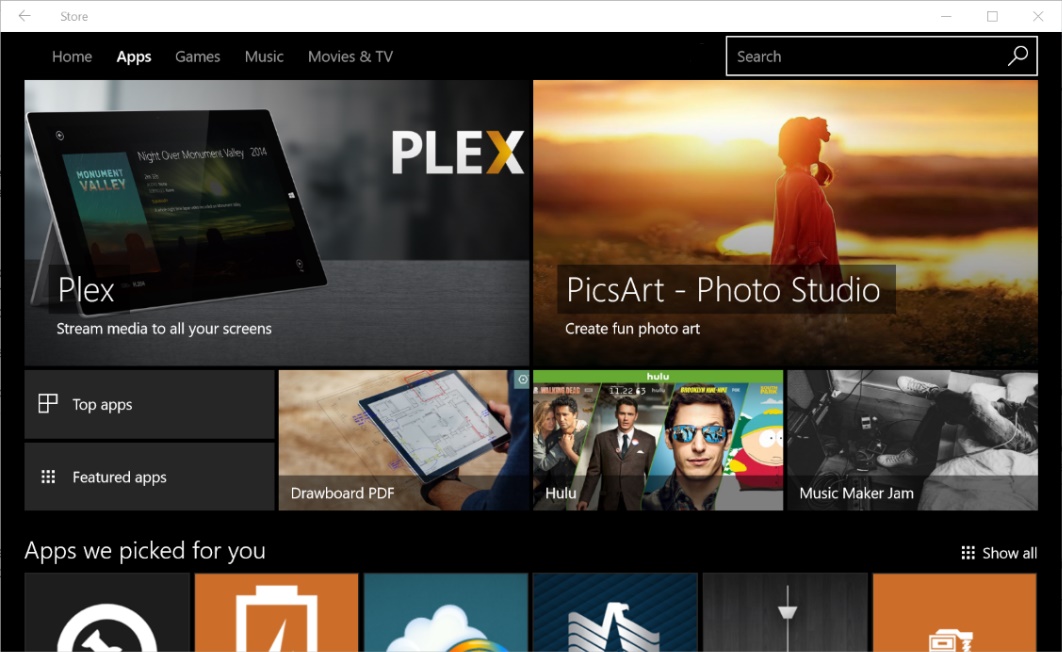Can’t find your favorite app on Windows Store? Microsoft will request it for you
If you own a Windows 10 laptop, or hybrid tablet PC, your experience will be much different than on an older PC running Windows 7 or XP. In fact, Microsoft has gone through an extreme length, to ensure that Windows 10 provides an experience as close as possible to that of a mobile device, while still retaining the flexibility of a desktop system.

With that being said, developers have been slow in embracing Windows 10 as a platform for which to create apps, as iOS and Android dominate the market share. By this token, the upcoming Microsoft Windows 10 Anniversary Update, due this Summer, is bringing two important changes to Windows 10 users, that will affect the Windows Store, and how users will experience apps, whether they run on Windows 10, or other platforms, including Android.
First of all, Android users will be able to receive notifications from their Android apps, directly from within Windows 10’s notification app, the Action Center. Windows 10 Insiders of the Fast ring have been experimenting with this feature for a while, and regular users will be able to enjoy the same convenience, by installing Cortana on their Android phones, and connect it to their Microsoft accounts, to enable notifications to stream directly on their Windows 10 PCs.
The second important change, comes in the form of the WinStore Requests, a service that, for the moment, is only available from the WinStore Requests website. The Windows 10 Anniversary Update will allow users to ask developers to port their favorite apps to the Windows Store.
As mentioned earlier, developers have taken their time porting their apps to the Windows Store, which is one of the reasons why the Windows Phone has yet to grab a meaningful slice of mobile market share, compared to the Apple iPhone and Android phones.
Apps are becoming increasingly important on the desktop too, as demonstrated by the popularity of Mac OS X apps, introduced in 2011. Since the introduction of Windows 8, the Windows Store has tried to replicate the success of desktop apps, but without sufficient support by the developers, the Windows Store has little chance to compete. This vicious circle loops back to users, who won’t stick with an apps store that can’t provide them with the apps they know and love.
By providing users with a way to directly ask developers to create Windows Store compatible versions of their favorite iOS and Android apps, Windows 10 will have a better chance to increase the number and variety of apps available to Windows 10 users, and break out of its vicious circle.